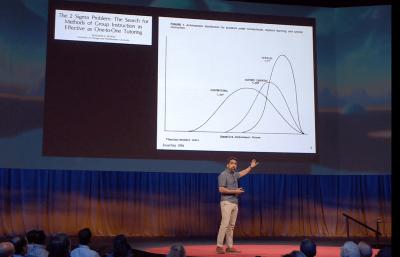I'm not often convinced by articles in Education Next but this one by Paul von Hippel has me nodding in agreement. I'd need a pretty convincing counterargument. In a nutshell, von Hippel discusses Benjamin Bloom 1984 essay that asserts that tutoring offers "the best learning conditions we can devise" and can "raise student achievement by two full standard deviations—or, in statistical parlance, two 'sigmas.'" Hence, we have the 'two sigma' problem posed against any innovation in pedagogy or learning technology. But this level of improvement proves to be a chimera; it doesn't exist. There's an analysis of the history of the argument and von Hippel takes a deep dive into the student work that gave Bloom his original data. The work was good, but the accomplishments were based on a lot more than just tutoring, and most tutoring isn't of the same quality the students provided. So, as a coda, von Hippel remarks, "It seems rash, though, to promise two-sigma effects from AI when human tutoring has rarely produced such large effects." Via Baldur Bjarnason.
Today: 0 Total: 422 [] [Share]




